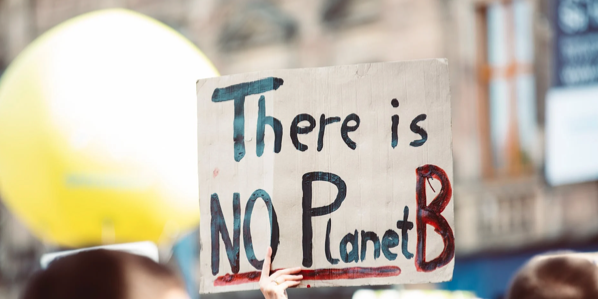Picture credits: Markus Spiske – Pexels
World population is expected to reach 8 billion people in 2023 according to the United Nations (in 2026 according to the U.S. Census Bureau) and even today the world consists of 1,8 billion young people between the ages from 10 to 24, which is said to be the biggest generation of youth in our history. The threats posed by climate change reach us from everywhere, whether it’s the social media, news or daily conversations with our friends and relatives. There is no doubt that this issue has increased the levels of uncertainty about our future or future generations. The tremendous mobilization of young people around the world demonstrates their enormous possibility to hold decision-makers responsible. They say that the older generation has failed, and they – young people – will bear the consequences.
There are plenty of initiatives that put efforts into involving and supporting young people in climate action. For example, one of them is Youth and Environment Europe (YEE), the largest independent European network of non-profit environmental youth organizations. Their mission is to help young people tackle the climate crisis by raising awareness, promoting international collaboration and knowledge sharing among their members and increasing youth participation in environmental and climate decision-making processes (1). Erasmus has also launched projects related to youth entrepreneurship for sustainability and moving towards a more circular, green economy, where little is wasted, and pollution is minimised (2). There are also a number of hackathons organized among 65 countries under Climathon – international movement of local change makers and innovators helping cities achieve net-zero emissions, among whom we can find policymakers, entrepreneurs, youth, business leaders, academics and students. A hopeful note on youth participation was also seen at the recently held COP26. Members of Youth European Forum worked with their members, UN youth delegates and activists to ensure references to the importance of youth participation in decision-making on climate policy. The final agreement “urges Parties and stakeholders to guarantee meaningful youth engagement and representation in international, national, and local decision-making processes, including under the Paris Agreement,” thanks to pressure from young people present at COP26. This is the first time that youth participation in decision-making has been expressly stated in any COP outcome (3).
The youth are now important agents of change in fighting the climate crisis. They are innovative, entrepreneurial and ready to put their efforts into finding more sustainable, greener ways of life and enhancing climate-conscious society. Therefore it is important to include them into decision-making processes and climate policy planning and support their entrepreneurial initiatives in coping with the climate crisis.
- https://yeenet.eu/about-yee/
2) https://ec.europa.eu/programmes/erasmus-plus/projects/priorities_2019-2024_en
3) https://www.youthforum.org/cop26-outcomes
– by FRDL







